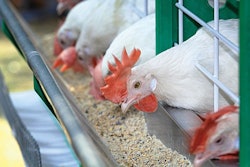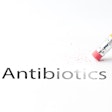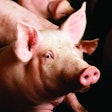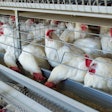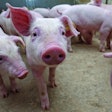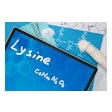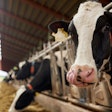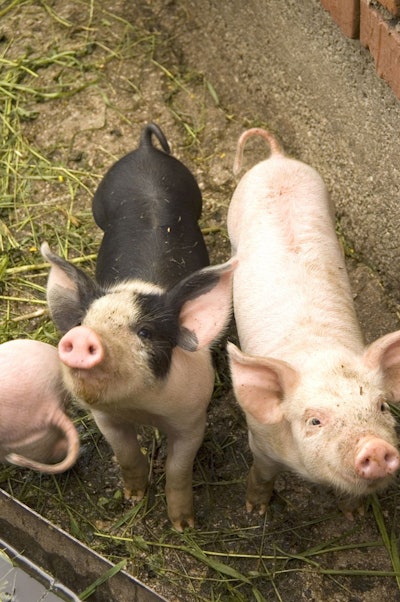
While looking at alternatives to zinc oxide, we should not ignore the more sophisticated forms of products that already contain zinc.
Apart from products that contain no zinc and may have a role in replacing pharmacological doses of zinc (up to 3,000 ppm) from zinc oxide, there are also alternative forms of zinc.
Zinc oxide at such high dosages will be banned in the EU by June 2022, and already other regions of the world are re-evaluating their stance toward this very important additive. The problem is that, although zinc oxide prevents or reduces diarrhea and improves growth performance in piglets, it is also a heavy metal and as such an environmental pollutant. When manure high in zinc is not applied correctly, it leads to an oversupply of zinc in the soil that, over the long term, will cause plant growth depression. At least, this is the theory so far.
Before replacing zinc oxide
To successfully replace zinc oxide, we must fully understand its mode of action – something that eludes us. It has been proposed that the roles of zinc oxide at high dosages are varied and multi-faceted. Below is a brief list of such actions in which extra zinc improves:
- Overall zinc status in weaned piglets
- Intestinal microbe flora regulation
- Intestinal structure and function
- Ion secretion in the intestinal epithelium
- Intestinal immune status
- Secretion of brain-intestine peptides
Although we are still uncertain on how exactly zinc oxide works, we need to find alternatives, and of course the first effort has been and continues to be on other forms of zinc that may provide the same results but at lower dosages. Below is a list of the most commercialized products on the market.
Organic Zn
There is some limited evidence that lower levels of zinc from organic (often chelated) forms may be as effective as zinc from zinc oxide. The data are not consistent at best, and the claims are not supported by the fact that zinc oxide from sources of low or high zinc bioavailability sources supports equal performance in young pigs. Clearly, any positive responses have been product specific as is the case with many such additives.
Tetra-basic zinc chloride
This form of Zn has been tested in piglets and results have been quite promising. It is heavily traded in the U.S. market as an alternative to normal zinc oxide as it can do the same job but at half the dosage. Naturally, it is more expensive than plain zinc oxide, but it offers more in terms of quality control.
Potentiated zinc oxide
This is a European product, also being traded in the Asian market. It is a highly porous zinc oxide that offers a much higher surface that interacts with microbes and the enteric epithelium. Again, this is a standardized product that offers benefits in terms of quality over run-of-the-mill zinc oxide products, but as it is to be expected at an elevated price. This product may be part of the answer in the EU’s search for alternatives, as it works at relatively low dosages.
Encapsulated zinc oxide
There is more than one source of encapsulated zinc oxide (of the normal type) with claims of comparable results at lower dosages, but with very little in terms of actual research reports. The suppliers need to work hard to educate users how and why an encapsulated product at lower dosages may offer similar results to an unprotected product. There are some initial data with interesting results, but not all are positive and clearly more research is required.
Nano-zinc oxide
This is based on the idea that finely ground zinc oxide can be used at very low levels and still ensure pig growth and health. The concept has merit, but products, often of unknown origin and without quality control assurances, have flooded the market.
Zinc sulfate
Initial research comparing high levels of zinc from normal zinc oxide versus zinc sulfate have demonstrated that the latter cannot replace the former. Yet, some feed professionals claim this is possible, but we are still in want of data and trials. In addition, it is unlikely any level of zinc sulfate sufficiently high enough to elicit a possible positive response will meet the low regulation levels of the EU.
Other zinc-containing products
There are many compounds that contain zinc. How many of them can be used in feed and at what cost (to register) is another matter. The point is that researchers know that extra zinc, in one form or another, helps piglets in the post-weaning period and they can continue testing many alternative forms of zinc.



